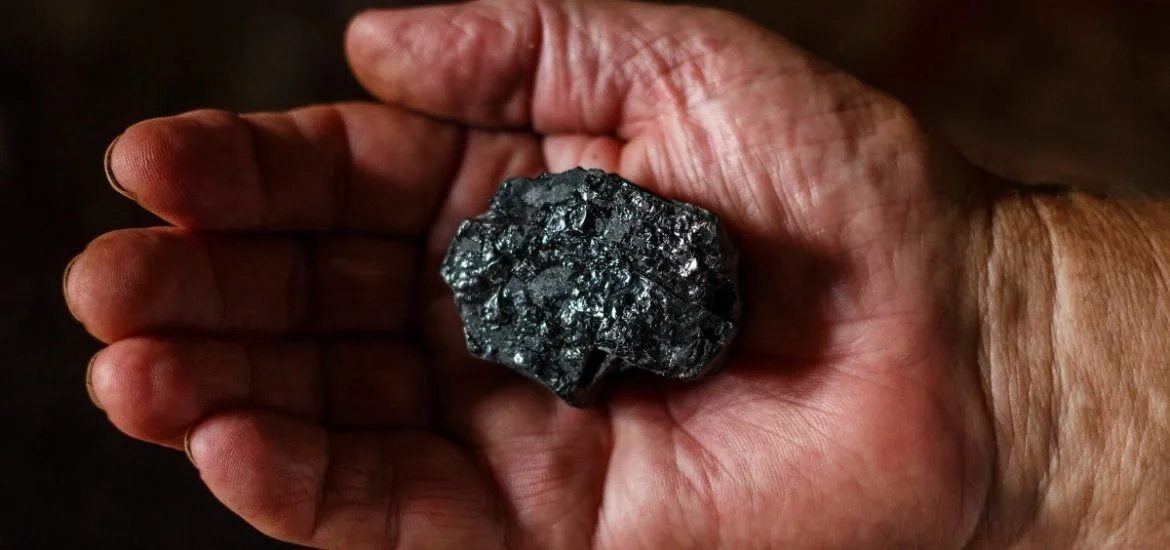What is Solid Carbon?
Solid Carbon is a broad term that is used to refer to various solid states of crystalline carbon material, including coal, graphite, graphene and even diamond. Considered a relatively cheap fuel with high energy density by volume, it is currently the largest energy source used for electricity production in conventional thermal power plants, in Australia and internationally.
These materials can be used in a range of different industries including aluminium, steel and construction industries or as a graphite substitute for battery materials.
The production of solid carbon products is useful in the methane pyrolysis process to produce hydrogen because it assists in the containment of emissions, ensuring that by-products are useful and safer, compared to other processes.
In response to global criticism of carbon as a potential global warming agent, there have been calls for more sustainable and clean methods of using solid carbon, including the use of increasingly more popular solid oxide cells.
Solid carbon is a valuable commodity worldwide. The Australian carbon market experienced a major bull run over the course of 2021, with prices for Australian Carbon Credit Units (ACCUs) growing 209% to AUD$51/t at end-December, an annual average of AUD$25/t. Prices grew 23% in December and have risen 8% to AUD$55.50/t in early January.

